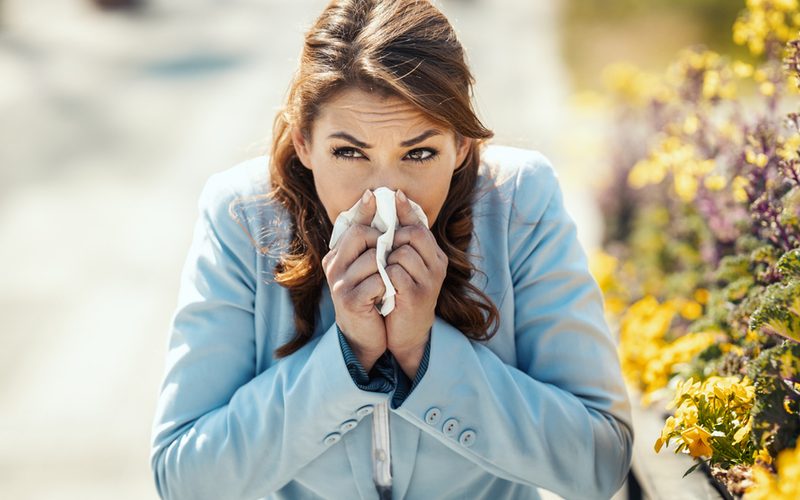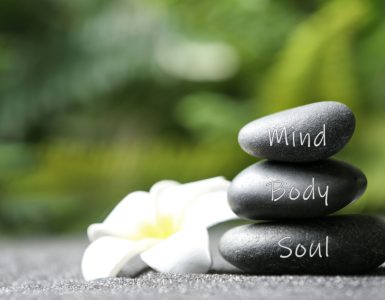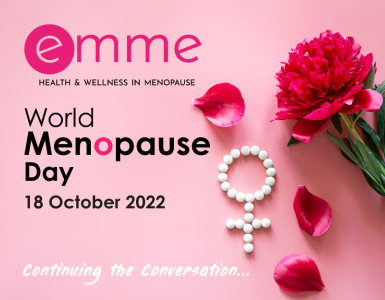It’s finally officially spring, a time when we celebrate lighter, longer days, shorter nights and more warmth and sunshine. But for many people, it’s also a time when the nightmare of seasonal allergies such as hay fever begins.
If you’re a regular sufferer, you’ll know how annoying the streaming eyes, runny nose, scratchy throat and sneezing are as everyone else seems not to struggle.
If you’re experiencing symptoms of the peri-menopause or the menopause, then you may also start experiencing these symptoms for the first time in your life. And it’s just as annoying!
Alongside hay fever symptoms, other allergies can cause dry, itchy, flaky skin and a flare up of existing skin problems
New or worsening allergies that coincide with the menopause are caused by shifts in our hormones that can impact our immune systems. The immune system protects us, in the main, from experiencing allergy symptoms, but if our hormonal shifts cause our immune system to weaken, we can become prone to developing hay fever and other allergies that we had never experienced before!
But there are things we can do to help, here’s our top tips!
Hives
The official medical name is urticaria. These are red, itchy, raised bumps that can appear on the skin, caused by changes in the levels of the female sex hormone, oestrogen. When our oestrogen drops, it causes the common symptoms of the menopause, such as mood swings, hot flushes and night sweats, as well as the less common, such as hives. This drop in oestrogen affects the immune system, sending it into overdrive and producing more histamine, the substance responsible for allergies and their symptoms (hence taking antihistamines to manage an allergy). Vitamin B6 is essential for the production of oestrogen. Therefore eating foods that are rich in B6 such as dark leafy greens, peas, bananas, chickpeas, fortified cereals, salmon, tuna, eggs and milk can be helpful.
A blocked, stuffy nose is one of the most common allergy symptom
It can leave us feeling drained, with a nose Rudolph would be proud of.
Antihistamines from the pharmacy can be helpful, but inhaling steam can also help to widen the nasal passages, helping to calm down the stuffy, blocked feeling. Either stand in a hot shower for a while, relax in a hot bath or place your head over a bowl of hot water with a towel over your head. Be careful not to touch your face to the water!
Dry, itchy, irritated skin
This could be down to a skin condition called eczema, which again can be caused by decreasing levels of oestrogen.
This can have a physical and emotional effect as we try to manage our skin. Applying soothing, gentle skin creams can help, but treating your immune system from the inside can also be beneficial.
Look for supplements that are rich in vitamin C and other antioxidants, that help to support the immune system, and try drinking antioxidant-rich green tea.
If you are experiencing hay fever or other allergies for the first time and have any questions, our experts are here to help. Get in touch here
















